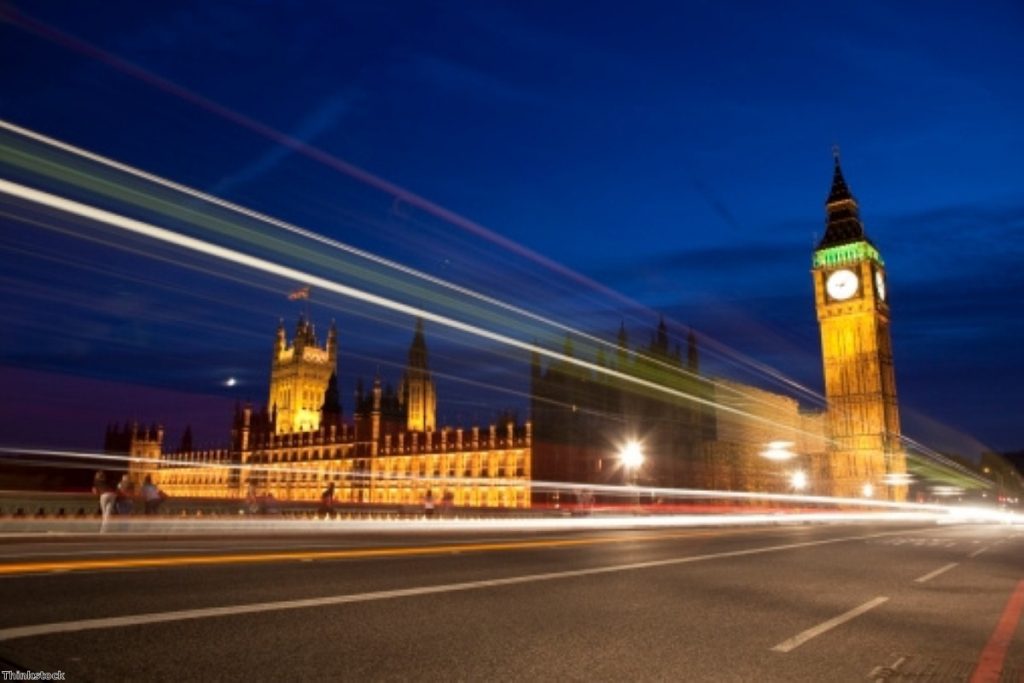The Week in Review: Thirteen votes that changed Britain
Let me tell you now – I had plans for Thursday evening. In fact I had plans for the whole week. I was going to spend the last few days of recess knocking off work early, going to play golf and finding the odd cocktail to sip on. This was the Stevenson itinerary for the week before the chaos returns. And then came Syria.
It all came down to Barack Obama. His "red line" comments about chemical weapons in Syria simply had to be backed by actions after Bashar al-Assad finally committed an unacceptable atrocity. That meant British help, leaving David Cameron in the unenviable position of getting approval for military action. The recall came on Tuesday for Thursday, giving Cameron and William Hague just enough time to put together a motion as the drums of war sounded. It was watered down by Ed Miliband's unclear motives and then debated on Thursday, when – to everyone's surprise – David Cameron suffered a shock defeat, damaging his leadership and setting Britain on a historic retreat from the world stage. There – the week in a paragraph.
Sometimes politics is ridiculous. A lot of the time it is horribly tediously dull. Lots of politics is about minor quibbling between parties that broadly agree on, say, 80% of what they're talking about (cf spending cuts).
And then every so often it is about grave issues of life and death, of power and nationhood, of the scars of wars and the possibility of more war to come. This week was about intelligence, leadership, tomahawks and shock. Shock in the Commons chamber, that is, not shock and awe in Damascus.


Yesterday's seven-and-a-half hour debate had its moments, for sure, but the real drama in parliament was taking place in the corridors around and about. That old cliché of MPs holding whispered conversations, clustered in groups here and there, really was in evidence yesterday evening. And late at night, having travelled back from the world to have their say in a decision which, either way, would lead to people losing their lives, MPs eventually made their decision. The result was extremely close. It might just change Britain for good.
With about 15 minutes to go until the vote I bumped into a senior Labour MP and asked her what she thought of it all. "Oh, I've only just got here," she beamed cheerfully. She had been on holiday, you see, but had at least come in to vote."I'm afraid I haven't the foggiest what's going on." She was the exception rather than the rule. This was a week in which parliament stood up for itself – and won. When you're fighting the British government, it doesn't happen often.
Sometimes the stakes are very high. That was the kind of politics we had this week. So much for pina coladas.

